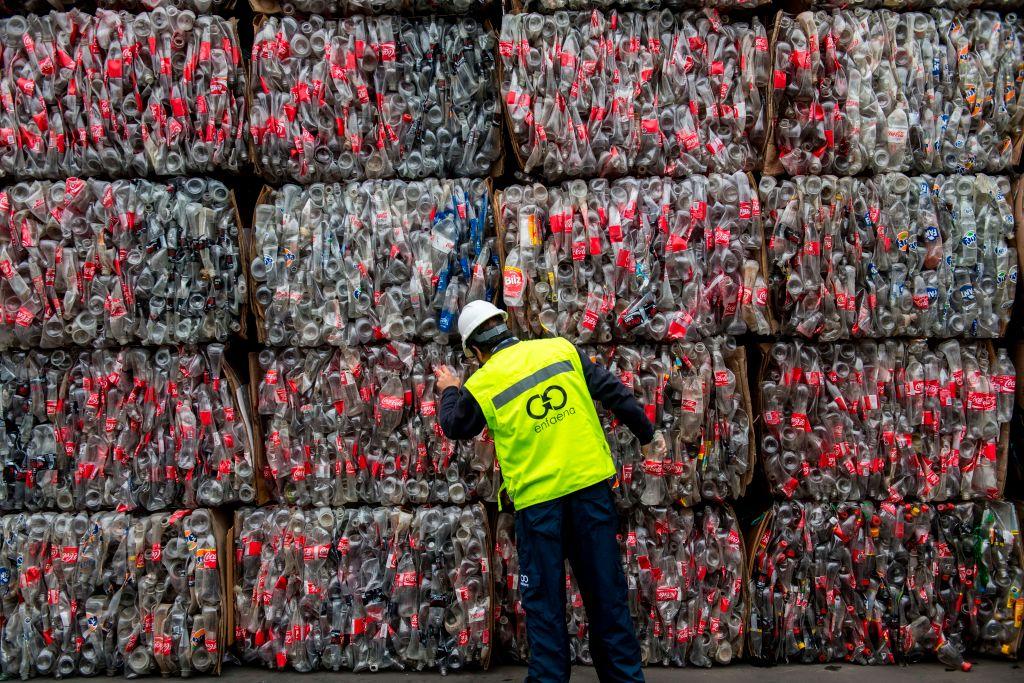Commentary
Prior to the Protestant Reformation, many European Christians believed that they could buy their way out of punishment in the afterlife. It was reputed that some sellers of indulgences used the jingle, “As soon as the coin in the coffer rings, the soul from purgatory springs.”





